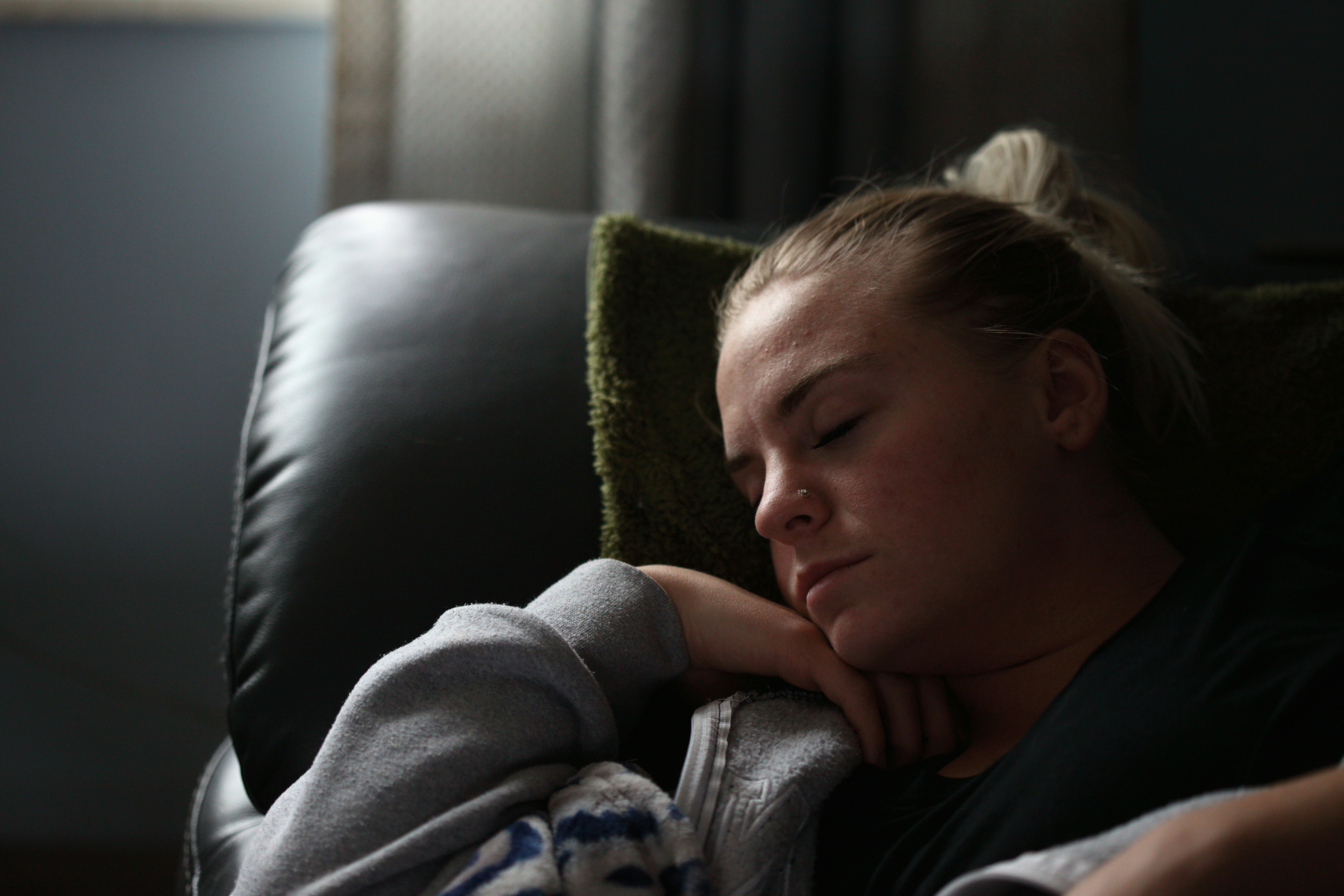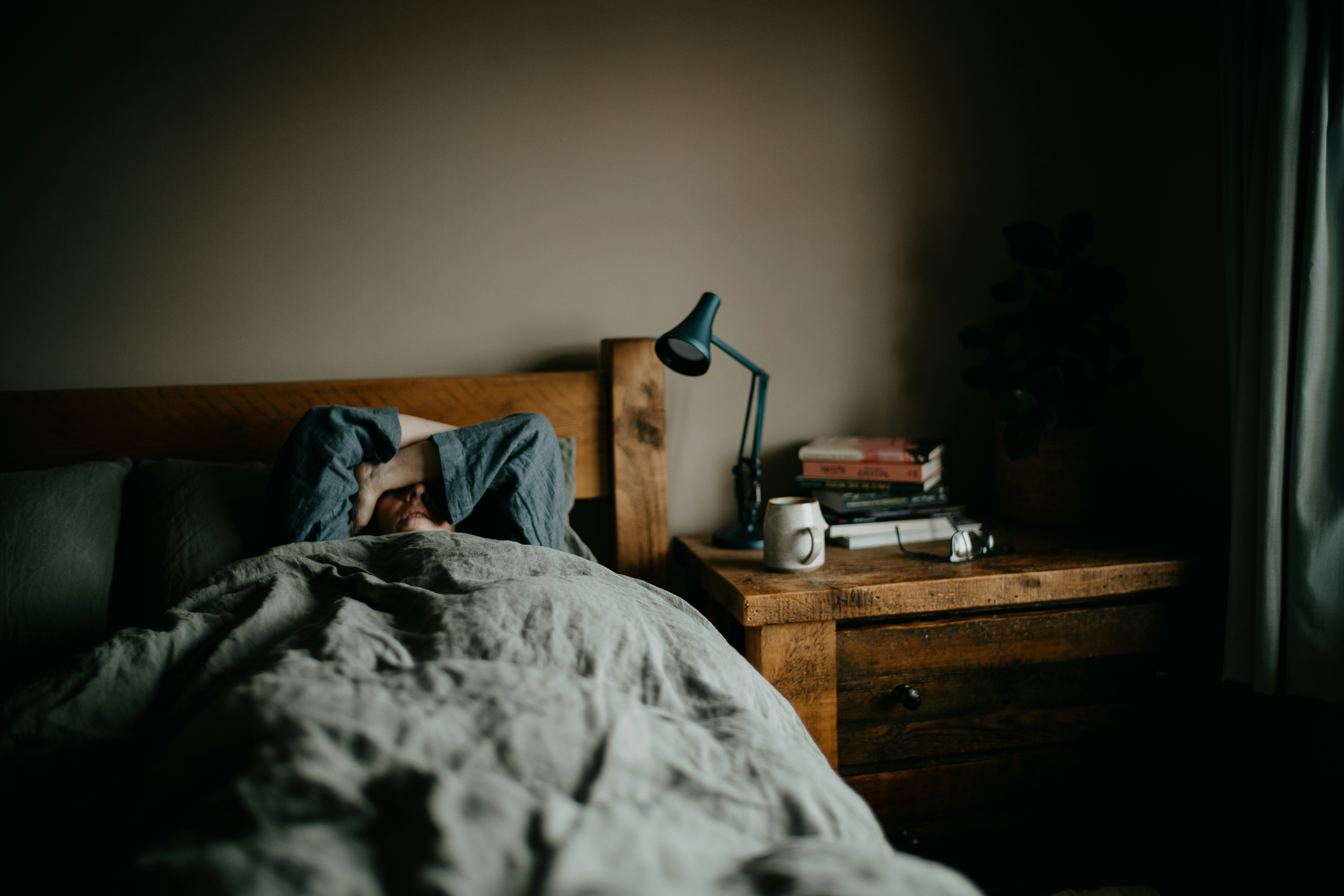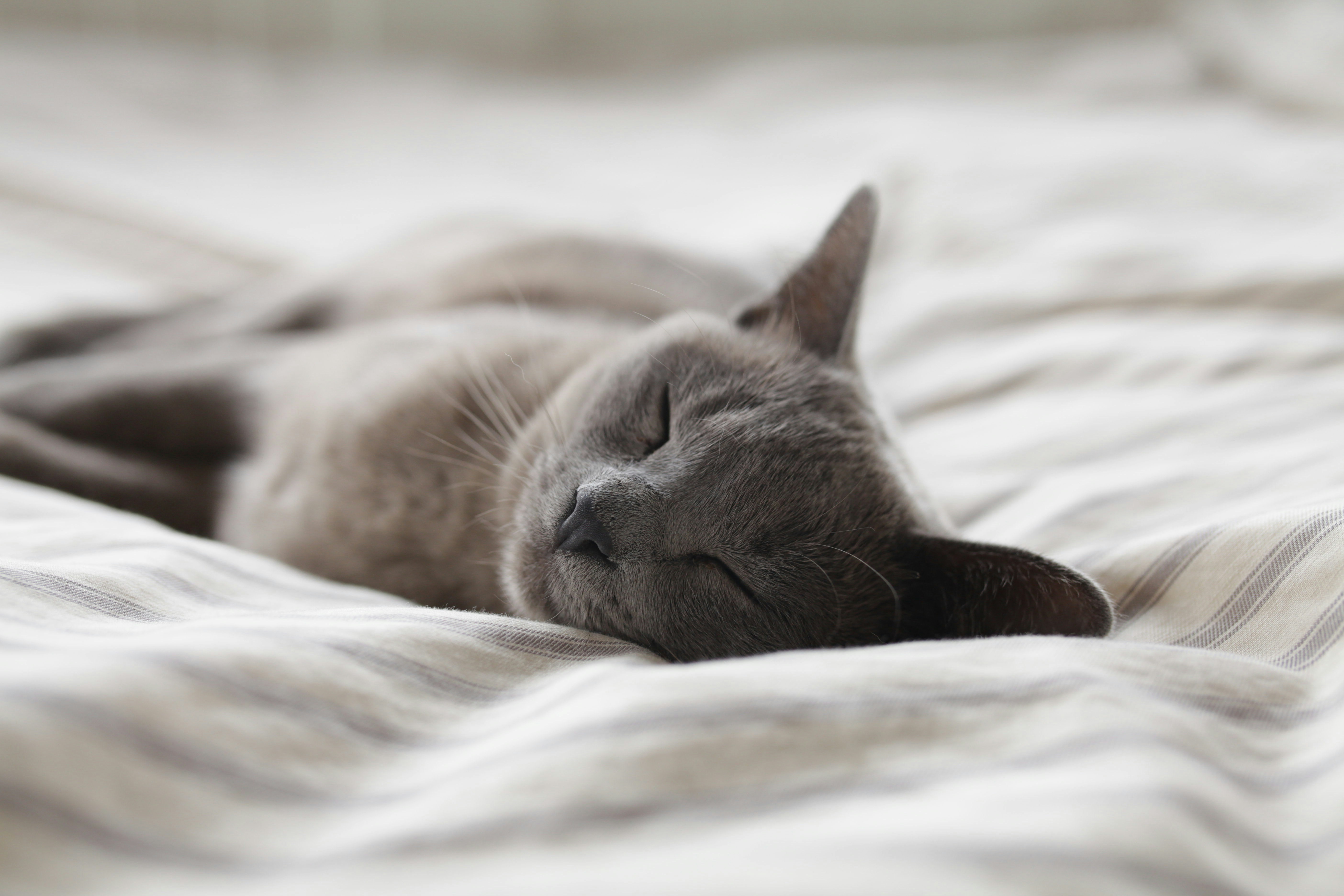The Science of Naps: Why Napping is Actually Good for You 💤

Introduction
Napping—it's the secret weapon of productivity, relaxation, and the subject of endless debates: is it lazy or genius? Ask anyone who takes a nap regularly, and they’ll tell you it’s one of the most rejuvenating things you can do during the day. But is there any science to back up this love affair with mid-day slumbers? Spoiler alert: Yes, there is!
Forget about the age-old myth that naps are only for toddlers and the elderly. The science of naps is fascinating, and it turns out that napping is actually a superpower —for your brain, your health, and even your mood. So, grab your pillow, set an alarm (just in case), and let’s dive into why napping is good for you—and no, you’re not just being lazy!
1. The Science of Sleep: Why Naps Are Beneficial
Before we get into why napping feels so great, let's look at the science of sleep. We spend about one-third of our lives asleep (yes, really), so our bodies have evolved to recognize the importance of sleep and its stages. There are two primary types of sleep:
🛏️ Light Sleep
This is the sleep you experience when you're not quite in the deep zone, but you're still catching some Z’s. During this stage, your body is relaxing, and your mind is winding down.
😴 Deep Sleep
The holy grail of sleep. This is where your body and brain go into full rest-and-repair mode. Deep sleep restores physical health and solidifies memories.
🌙 REM Sleep
The rapid eye movement (REM) stage is when your brain does some heavy lifting—processing emotions and consolidating memories. Oh, and also, you might have vivid dreams that leave you questioning your existence.
But what if you can’t get all these glorious stages in one go? Enter naps. Short naps, particularly those that allow you to enter the deeper stages of sleep, are incredibly beneficial for memory, creativity, and overall well-being.
2. The Power of a Power Nap: How Long Should You Nap?
Napping doesn’t mean lying down for hours on end (unless you’re a professional napper, which—spoiler alert—may or may not be a thing). The key to a beneficial nap is timing, and here’s where science really comes in handy.
⏱️ The 10-20 Minute Nap
This is often referred to as the "power nap." In just 10-20 minutes, you can experience light sleep, which helps you feel alert, energized, and focused without the grogginess that can come from sleeping too long. Perfect for a quick pick-me-up in the middle of the day.
Why it works : This nap prevents you from entering deep sleep, so you won’t feel disoriented when you wake up. It's the perfect “reset button” for your brain.
🕒 The 30-45 Minute Nap
A longer nap, around 30 to 45 minutes, lets you enter deeper stages of sleep, but you're not quite deep enough to experience sleep inertia (that groggy feeling you get when you wake up from deep sleep). This nap length is great for improving alertness, memory, and overall mood.
Why it works : This nap allows you to get a solid amount of restorative sleep, boosting your cognitive function and creativity.
💤 The 90-Minute Nap
A full 90-minute nap allows your body to complete a full sleep cycle—light sleep, deep sleep, and REM sleep. If you have more time and want to fully recharge, this longer nap is your best bet.
Why it works : Completing a full sleep cycle helps you avoid the dreaded grogginess and gives your brain time to process memories, emotions, and creative thoughts. It’s like a mini-night’s sleep!
3. The Health Benefits of Napping
Napping isn’t just a nice-to-have—it's essential for your health! Here's why you should consider taking more naps:
💪 Boosts Memory and Learning
When you nap, your brain consolidates memories, making it easier to retain information. Studies have shown that even a short nap can improve learning and recall.
The science : During sleep, your brain processes and organizes new information. This means a nap after studying or learning something new can help you retain that information better.
😄 Improves Mood and Reduces Stress
Feeling cranky and stressed? A quick nap can help reset your mood. Sleep restores balance in the brain and reduces the level of stress hormones, like cortisol. It’s like a mental vacation in the middle of your busy day.
The science : Research shows that naps can reduce irritability, improve emotional regulation, and make you more resilient to stress. So, if you’ve had a rough day, don’t just soldier on—take a nap!
🧠 Enhances Creativity
Napping doesn’t just improve memory—it can also make you more creative. When you sleep, your brain makes new connections between ideas, leading to better problem-solving skills and more “Aha!” moments.
The science : Napping has been shown to improve creative problem-solving by helping your brain make connections between previously unconnected concepts. Next time you’re stuck on a problem, maybe all you need is a nap to spark that eureka moment.
4. Napping and the Science of Sleep Deprivation
One of the biggest benefits of napping is that it can help you recover from sleep deprivation. While naps aren’t a replacement for a full night’s sleep, they can help alleviate the negative effects of poor sleep.
🛑 Sleep Deprivation: The Real Culprit
Sleep deprivation can make you moody, sluggish, and mentally foggy. A nap can counteract some of these effects by restoring alertness and helping you feel more refreshed.
The science : If you didn’t get enough sleep the night before, a 30-minute nap can improve your mood and mental function. It's like hitting the refresh button on your brain.
😴 Sleep Debt: How Naps Can Help You Recover
When you're sleep-deprived, you accumulate sleep debt. Naps can help you "pay off" that debt, but they shouldn’t be used as a replacement for a consistent sleep schedule.
The science : Short naps can reduce the symptoms of sleep debt, such as tiredness and reduced cognitive function. However, the best way to manage sleep debt is to prioritize getting quality sleep at night.
5. The Secret to Napping Like a Pro
If you want to nap like a pro, here are a few tips to maximize the benefits of your midday slumber:
⏰ Set an Alarm
As tempting as it may be to nap for hours, aim to keep your naps short and sweet. Set an alarm for 20 minutes (for a power nap) or 90 minutes (for a full sleep cycle) to avoid oversleeping and feeling groggy.
🛋️ Create a Comfortable Napping Environment
Make your napping space as cozy as possible. Dim the lights, use a blanket, and find a quiet place where you won’t be disturbed.
🧘♀️ Relax Before Napping
Don’t just dive into a nap without first calming your mind. Take a few minutes to relax, breathe deeply, and let go of any tension before you close your eyes.
6. Conclusion: Naps Are Your Secret Weapon
Napping isn’t just a luxury—it’s a scientifically-backed tool to improve your productivity, creativity, mood, and health. Whether you’re taking a quick power nap or indulging in a full 90-minute nap, your brain and body will thank you for the extra rest.
So, next time you feel the urge to nap, don’t feel guilty. Embrace it! A well-timed nap is the ultimate productivity hack, and it’s the perfect way to recharge your body and mind.
“Nap hard, work hard, repeat.” — A professional napper in the making




